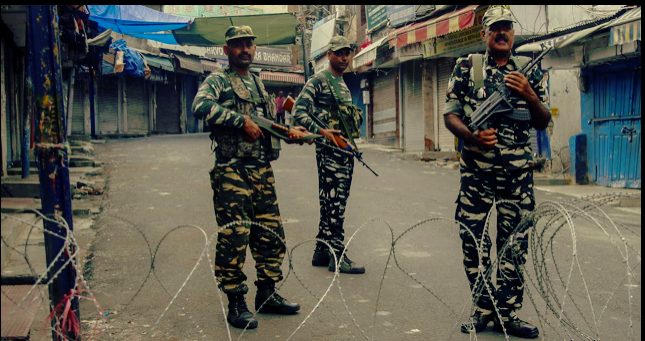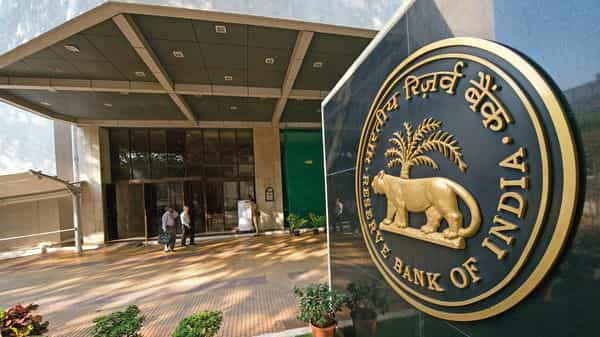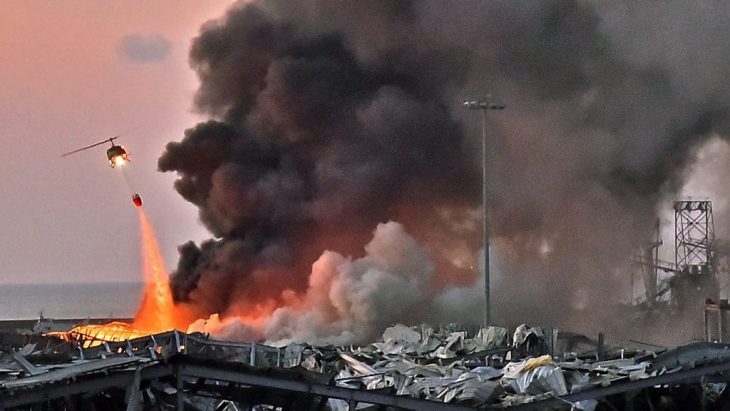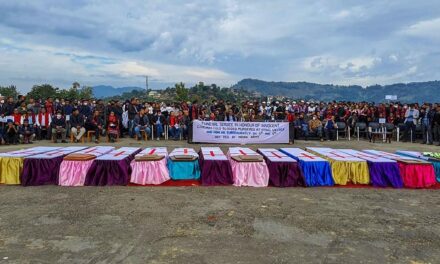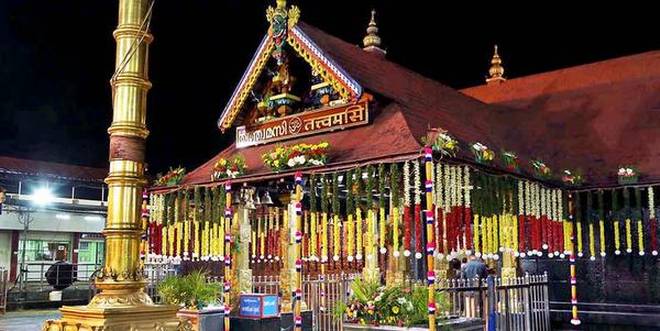[splco_heading size=”15″ align=”left” margin=”30″]Supreme Court in India has ruled that 4G services won’t be activated in Jammu and Kashmir even during the ongoing coronavirus pandemic. Internet services in Jammu and Kashmir have been suspended since August last year when the state of stripped of its special provisions under Article 370 and Article 35A.[/splco_heading]
Services were partially restored in January 2020, before the blockade was lifted on March 4, but only at 2G speeds for mobile users and only access to ‘white-listed’ sites was brought online. Social media, like Facebook and Twitter, blocked since August 2019 .
Petitioners who opted to get 4G in kashmir during the ongoing coronavirus pandemic argued that 4G an essential service in order for kashmir people to have access to basic services like healthcare and education during the lockdown.
The petitioners, led by Forum of Media Professionals, pointed out that even the Aarogya Setu App, which Prime Minister Narendra Modi asserted was mandatory for all Indians to downloads, could not be download over 2G speeds.
The Government of india opposition to offer 4G services to Kashmir is that access to 4G services could facilitate terrorist activity.
Agreeing with Indian Government stand led by Modi Supreme Court has shot down the request to activate 4G internet service in Jammu and Kashmir .
Judge Ramana pointed out that even though 4G internet is faster than 2G internet, national security concerns have to addressed.
“This court has to ensure that national security and human are balanced. We do recognise that the UT has plunged into a crisis. At the same time, the court is cognizant to the concerns related to the ongoing pandemic and hardships,” said Justice NV Ramana declaring the judgement.
Instead, it has asked the central government to create a committee, which will be headed by the Ministry of Home Affairs Secretary, to consider the points put forward by the petitioners like 4G being essential of basic services like healthcare and education during the ongoing coronavirus lockdown.
The petitioners argued that that there “no rational relation” between the two and restricting access to the internet was akin to restricting access to information and the right to free speech.
Senior Advocate Huzefa Ahmadi pointed out that most cases of terrorism happened in areas where there was no internet at all.
Instead, slowing down speeds was making it difficult for doctors to deliver online medical services to those in need.
The central and state government, on the the hand, argued that the speed restrictions have not affected control measures with respect to the coronavirus lockdown or online education.

